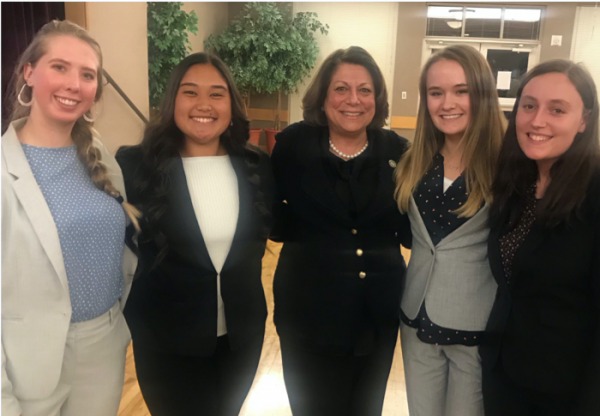I had the privilege of serving as an intern in the Fort Collins district office of Congressman Joe Neguse, who represents Colorado’s 2nd Congressional District. I didn’t know exactly what to expect going into this experience; however, my time spent as an intern was fantastic. My favorite part about the experience was being in the thick of history in the making almost every day. Even as a history major, it’s often hard to reconcile the idea of my daily life with the reality that it will one day be considered history. But in the short time I spent interning for the House of Representatives, I witnessed among other things only the third ever impeachment of an American president in U.S. History, the behind-the-scenes efforts it takes to run a successful census, attended a hearing of the House Antitrust Subcommittee, and saw the passage of the Coronavirus Stimulus Packages, the latest of which is the most expensive spending bill in American history. In 50 years, it’s likely that CSU History students will be taking classes on U.S. History to the 2020s, and I know some of what I’ve been able to witness firsthand will be included in that course.

My other favorite part of this experience was gaining a new understanding of how history plays a role in the legislative process. I took HIST 349, U.S. History since 1945, at the same time as I participated in this internship, and it wasn’t uncommon that some aspect of our reading or lecture was related to something I’d researched the week before. For example, I did in-depth research on the 1994 crime bill, specifically the Violence Against Women Act, for a project I was working on. A few weeks later, it was introduced in our lecture. The legislative process is dependent on history—we have to fully research the history of whatever issue has led to a need for new legislation and understand what has and hasn’t worked to address those problems in the past, in order to get anything done. So while this wasn’t a history internship in the sense that I worked in a museum or archive, political science and the political process runs according to American history. Working in a slightly different field allowed me to see the value of the study of history from a new perspective, and I would advise anyone interested in a history internship to be open to different settings and ideas that allow you to learn in a new way.